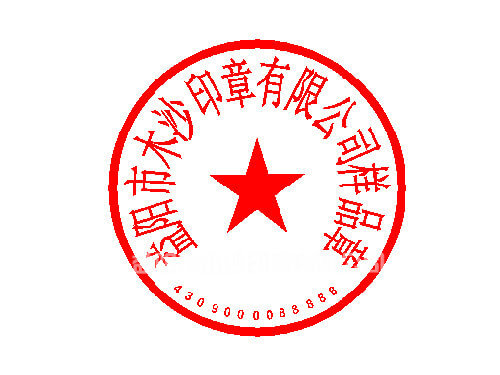
Absolutely Yes. Anything stamped with the official company seal is considered to be on behalf of the company’s will in China.
In other words, if a Chinese company affixes its official company seal when signing a contract with you, the Chinese company will be bound by the contract according to Chinese law.
Because the official company seal is a symbol of corporate power.
This post was first published in CJO GLOBAL, which is committed to providing consulting services in China-related cross-border trade risk management and debt collection.
The person who has the right to use the official company seal is the actual controller of the company. If the person who negotiates with you on behalf of a Chinese company can’t get the controller of the company to stamp the contract with the official company seal, then he/she is highly unlikely to represent the company.
So, if you’re going to do business with a Chinese company, the contract has to be stamped with the official company seal. In this way, the Chinese court and law enforcement authorities will recognize that the contract is concluded by the said company.
What are Chinese company seals like?
Generally, a Chinese company has several seals, including the official company seal, contract seal, financial seal, invoice (fapiao) seal, etc.
Among them, the official company seal is with the highest power, just like the lord of the rings, which usually can be used on any occasion. The contract seal is only used to affix the contract. The finance seal and the invoice seal are mainly used in the dealings between Chinese companies and banks and tax bureaus, which usually will not be affixed on the contracts.
The official company seal of a Chinese company is round-shaped, and the mark on the document is red. In the middle of the circle, there is a five-pointed star. Inside of the circle, there is a string of Chinese characters above the five-pointed star, which is the company’s full registered Chinese name. Below the words, there is a string of numbers and letters (18 characters in total), which is the company’s unified credit code.
The following is a sample:

Therefore, there is an extra advantage to having the Chinese company stamp its chop: you may get the full Chinese name of the Chinese company. Please see our previous post on why you should obtain the Chinese name of the Chinese company.
The Cross-border Trade Dispute 101 Series (‘CTD 101 Series’) provides an introduction to China-related cross-border trade dispute, and covers the knowledge essential to cross-border trade dispute resolution and debt collection.
* * *
Do you need support in cross-border trade and debt collection?
CJO Global's team can provide you with China-related cross-border trade risk management and debt collection services, including:
(1) Trade Dispute Resolution
(2) Debt Collection
(3) Judgments and Awards Collection
(4) Anti-Counterfeiting & IP Protection
(5) Company Verification and Due Diligence
(6) Trade Contract Drafting and Review
If you need our services, or if you wish to share your story, you can contact our Client Manager Susan Li (susan.li@yuanddu.com).
If you want to know more about CJO Global, please click here.
If you want to know more about CJO Global services, please click here.
If you wish to read more CJO Global posts, please click here.
Photo by Jéan Béller on Unsplash
Contributors: Meng Yu 余萌









